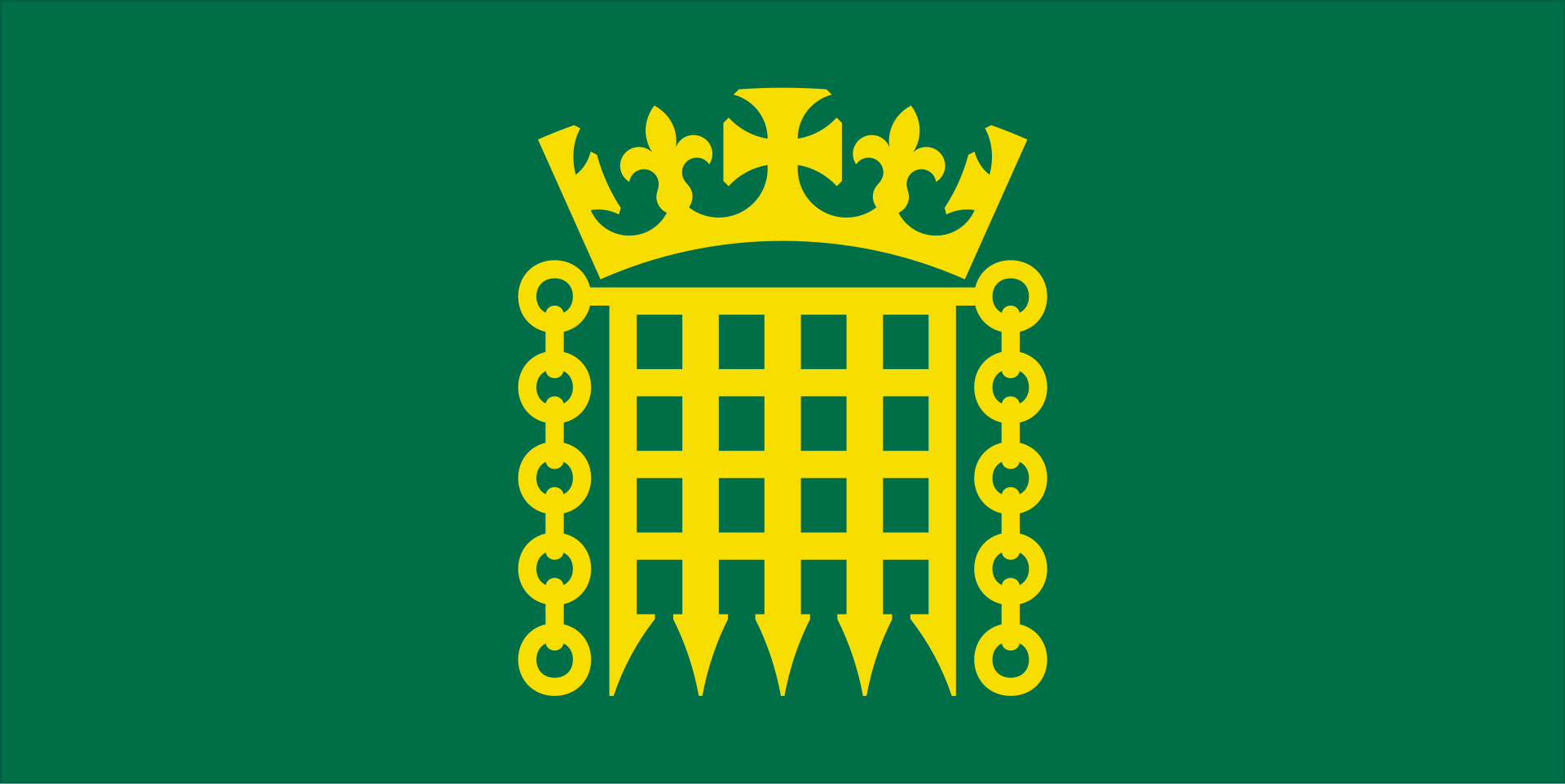2024 Election… is it time for change? Will the Election bring it?
A General Election will take place on 4th July, and businesses continue to call focus to be on getting the UK economy working again. But what might Election mean for businesses?
The implications a that new Government could mean are:
TAX
Business Rates
Labour has long talked of its planned “significant changes” to business rates if elected, aiming to replace the current system with “one suited for the 21st century.” This change is part of their strategy to support small businesses, especially those with physical premises.
The Conservatives claim they intend to review and reduce business rates, starting with retail. They also plan to extend discounts to small cinemas, pubs, and grassroots music venues.
Corporation Tax
If Labour gains power, they plan to maintain Corporation Tax at the current rate of 25%. Within their first six months, they intend to outline a future business taxation strategy. Equally, the Conservatives aim to support businesses by keeping taxes low. The positive news is that Corporation Tax is unlikely to increase this year, regardless of the election outcome.
VAT
In the event of a Labour government, we can expect changes to VAT on school fees. However, they have yet to detail their stance on VAT regulations for other businesses, including the VAT registration threshold, which currently stands at £90,000.
The Conservatives, on the other hand, do not plan to raise VAT or national insurance if re-elected, and The Chancellor, Jeremy Hunt, recently suggested his longer term aim was to abolish National Insurance.
Personal Tax
Post-election, the Conservatives plan to avoid raising income tax and aim to cut it.
The Labour Party in the past has talked of taking the lowest paid out of the taxation net; might we see an increase in the personal allowance and employee NIC rates to facilitate that?
Another idea that has been around on and off is that of a universal basic income, which might replace the personal allowance and be withdrawn via the tax system for those on higher incomes.
Labour have also committed to reforming non-domiciliary taxation which affects UK residents with assets and income arising overseas, but who are nationals or long term permanent residents of other countries.
Research and Development Tax Reliefs
The successful party may adjust the rates for R&D Tax Relief following the General Election. The current government has introduced planned structural changes for R&D Tax Relief, including a new merged scheme. Labour has indicated they will maintain the current structure of R&D tax credits over the next parliament to provide stability, alongside maintaining the patent box, which supports the commercialisation of IP in the UK.
Tackling Tax Avoidance and Evasion
If the General Election brings a Labour majority, we could see major changes in cracking down on tax avoidance and evasion. This could lead to a rise in penalties.
Labour suggests a harsher stance on “tax dodgers” with up to £555 million in additional funding to HMRC; representing an additional 5,000 employees and investment in infrastructure and non-domiciled taxation.
TRADE POLICIES
The government has signed trade deals with several non-EU countries, including Japan, New Zealand, and Australia. Rishi Sunak has stated, “These landmark deals squarely deliver on my priorities to drive economic growth, boost innovation, and increase highly skilled jobs across the UK, ensuring we and our closest friends continue to prosper for generations to come.”
A new post-Brexit scheme has also been introduced to cut tariffs on products entering the UK, reduce import costs, and more. Currently Labour is vague about plans for EU trade, so they may pursue a new approach if elected, with a focus on worker protection and potential new regulations.
SUPPLY CHAIN
Changes in trade policies can significantly impact supply chains. Businesses may need to adapt to new sourcing strategies, re-negotiate contracts, or manage increased costs due to tariffs or import/export restrictions.
EMPLOYMENT
The Labour party has committed to enhancing worker protections by banning zero-hours contracts, ending fire-and-rehire practices, and eliminating qualifying periods for basic rights. This means abolishing the requirement of two years of continuous service before an employee is eligible for statutory redundancy pay and protection against unfair dismissal.
Additionally, they plan to remove the 26-week qualifying period for parental leave and establish a single worker status for everyone except the genuinely self-employed.
SUSTAINABILITY
Opportunities to integrate sustainability into your business may increase as the government seeks long-term solutions to encourage greener practices. For instance, if Labour is elected, they plan to implement a clean energy strategy. This includes imposing a windfall tax on the excess profits of oil and gas companies to help alleviate the cost of living.
The Conservatives have pledged to phase out unabated gas-fired power from the electricity generation mix by 2035, prioritising the expansion of nuclear and offshore wind and retrofitting gas plants with carbon capture.
Whether any of this comes to fruition remains to be seen. Business Rates remain a talking point for both parties, though how either can expect to make any meaningful changes without a full reform of the existing system is baffling. And if reform is the avenue pursued, that will become bogged down in consultation periods before becoming further slowed down with debate in the Commons and the Lords.
If seems for the time being we can only hope for token gestures, rather than any meaningful change.





